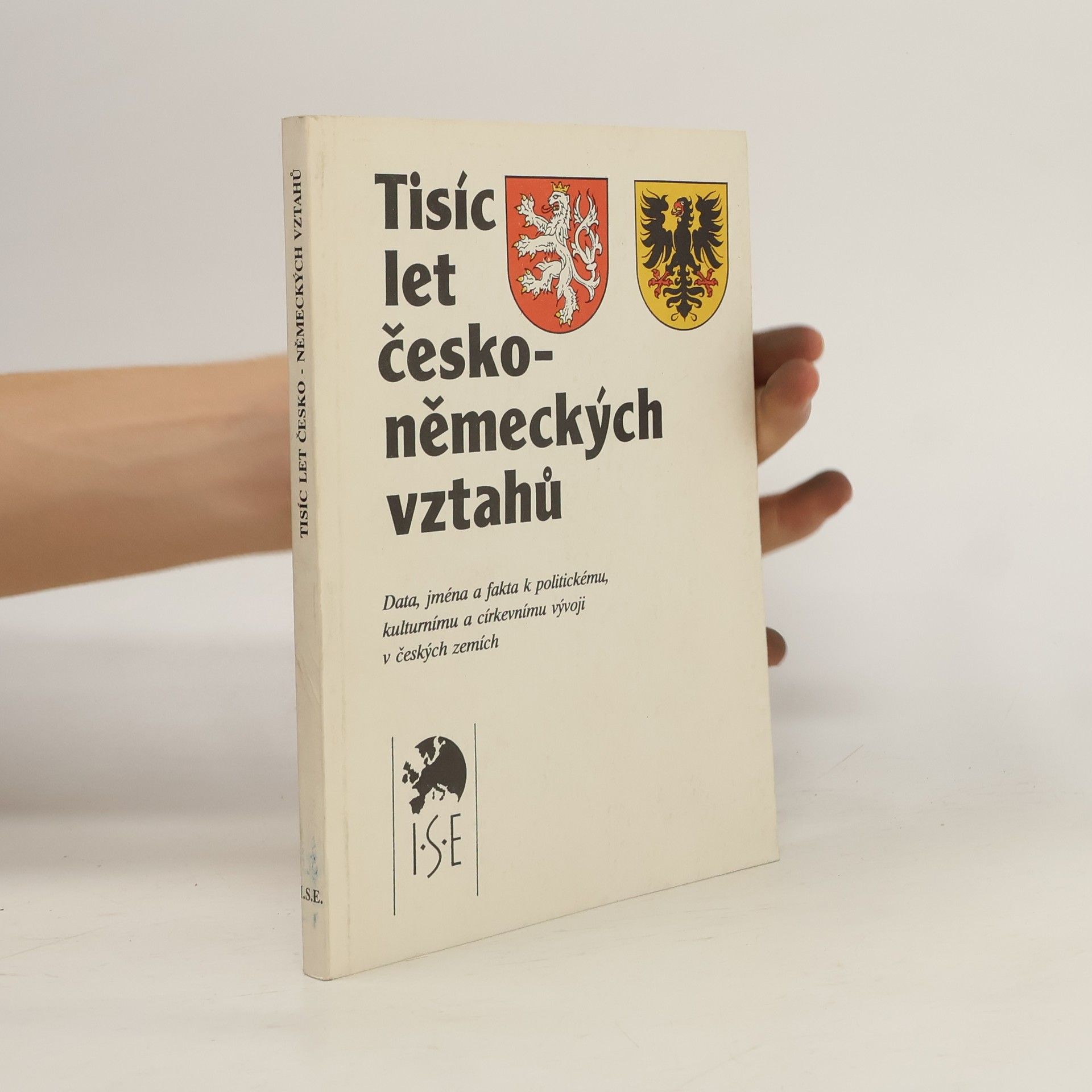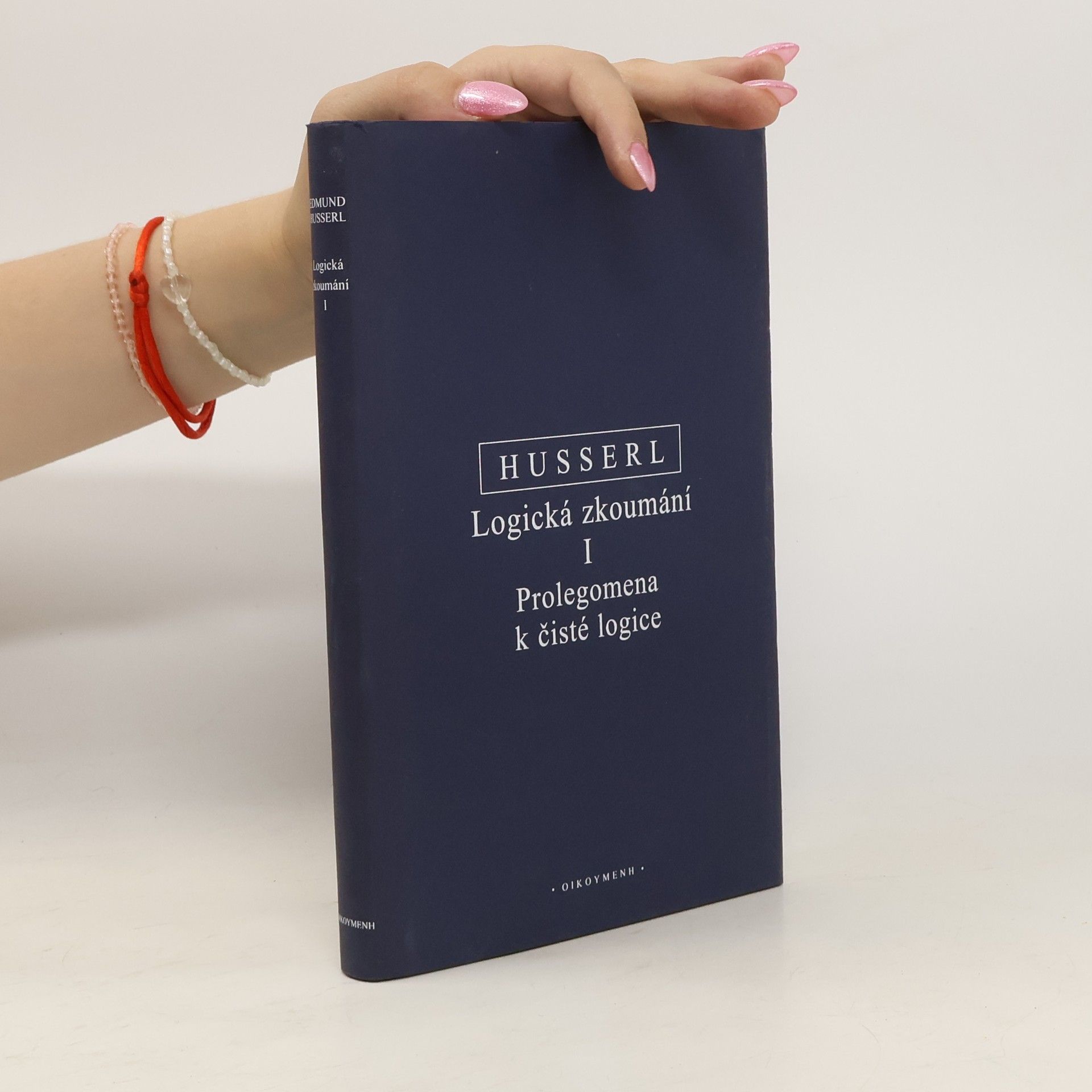Sborník textů z 3. mezinárodního pražského platónského symposia, konaného v Praze ve dnech 11.–13. 10. 2001. Obsah: T. Ebert, The Role of the Frame Dialogue in Plato's Protagoras F. Karfik, Die Seele in der Gefahr. Zu Protagoras 310a8-314c2 B. Manuwald, Der Mythos im Protagoras und die Platonische Mythopoiie K. Thein, Teleology and Myth in the Protagoras G. Heinemann, Das „Ordnen" der „Naturen" (Prot. 320d-321c) A. Havlíček, Die Einheit und die Lehrbarkeit der arete im Protagoras F. L. Lisi, Wissen und Unwissen in Platons Protagoras Ch. J. Rowe, Hedonism in the Protagoras again: Protagoras, 351b ff. Ch. C. W. Taylor, The Hedonism of the Protagoras Reconsidered Ch. H. Kahn, Socrates and Hedonism J. Tomin, The Protagoras in the Light of the Seventh Letter P. Hobza, The Protagoras as Plato's Apology of Socrates B. Bossi, On Aristotle's Charge of Socratic Intellectualism: The Force of a Misunderstanding T. M. Robinson, Protagoras, the Protagoras and the Dissoi Logoi
Filip Karfík Boeken


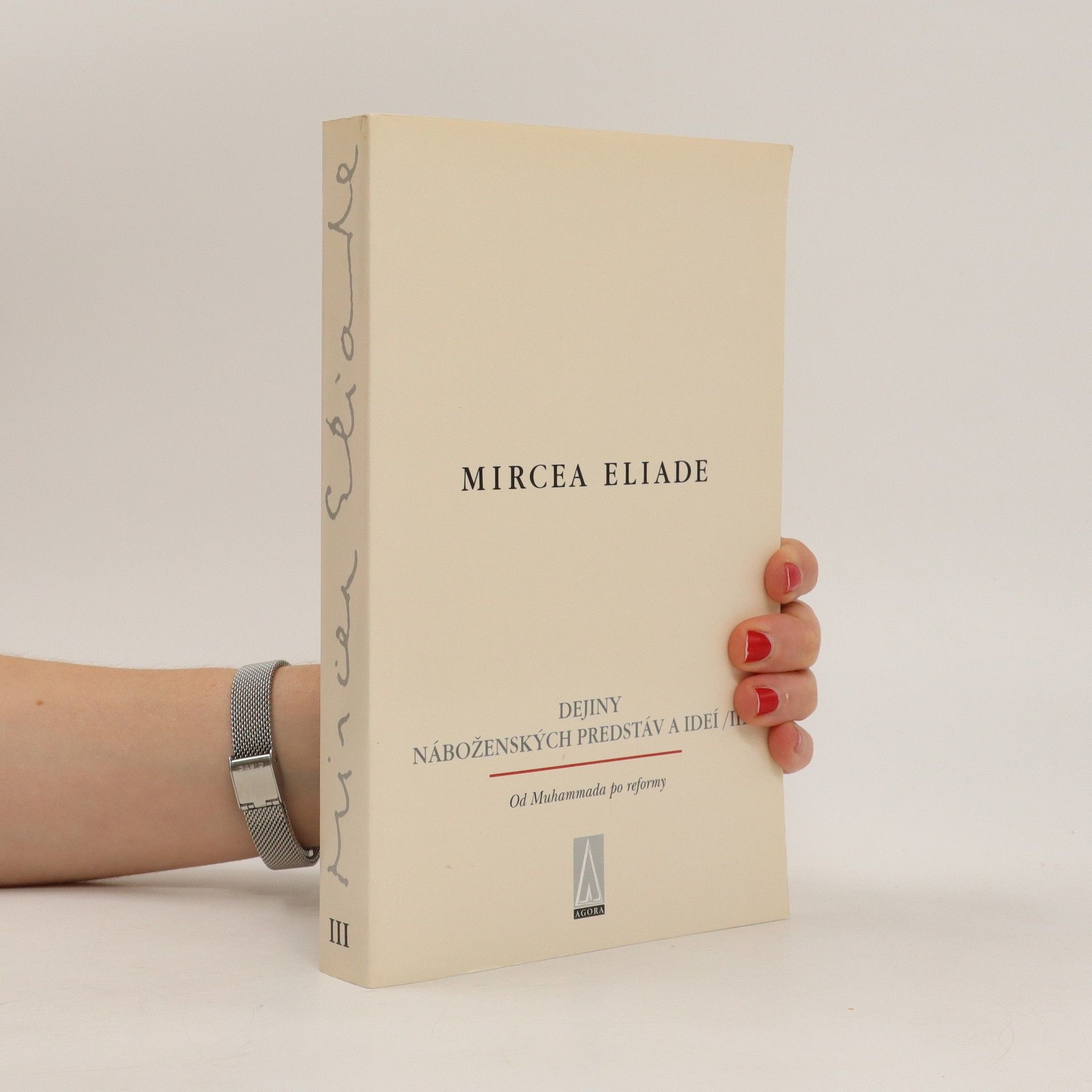

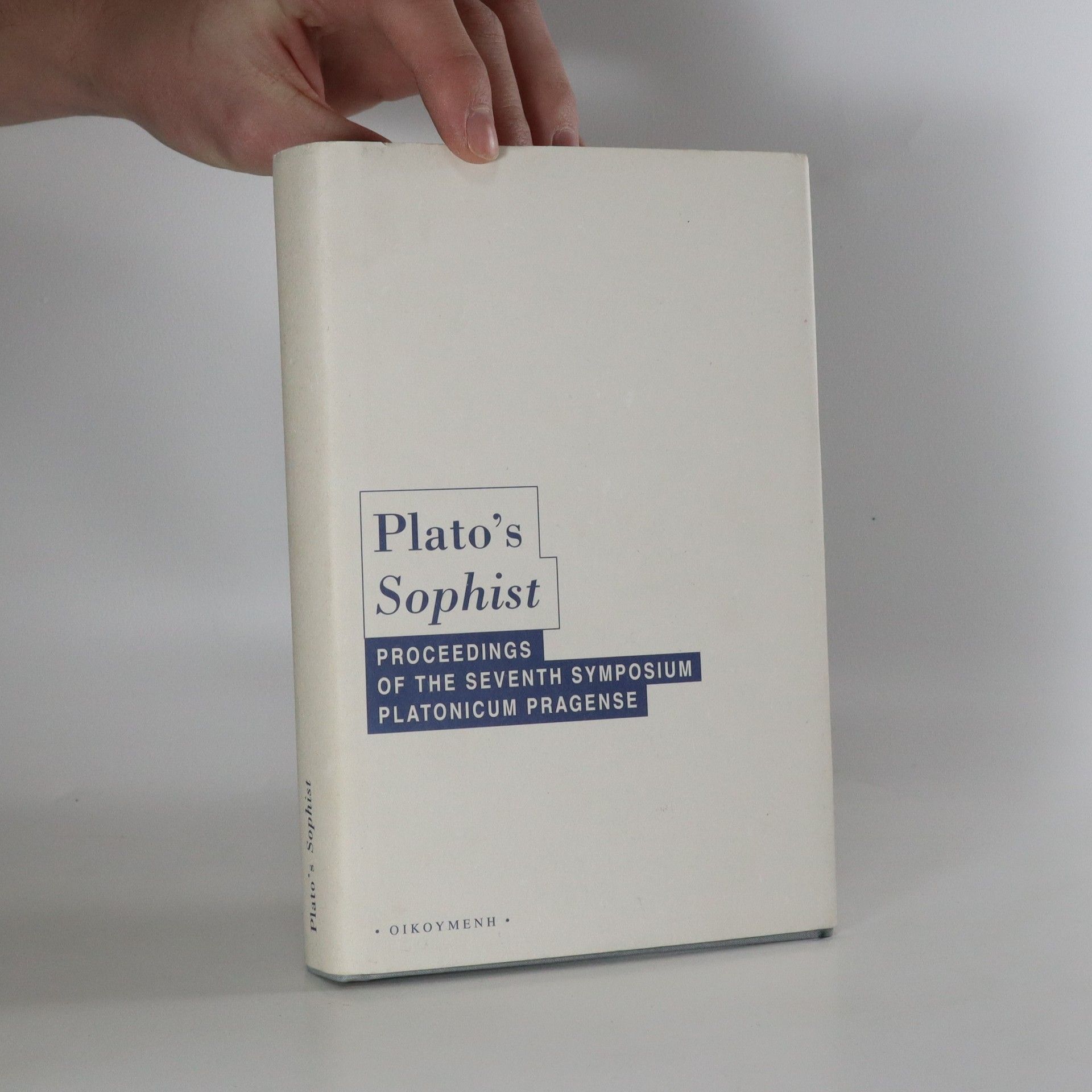
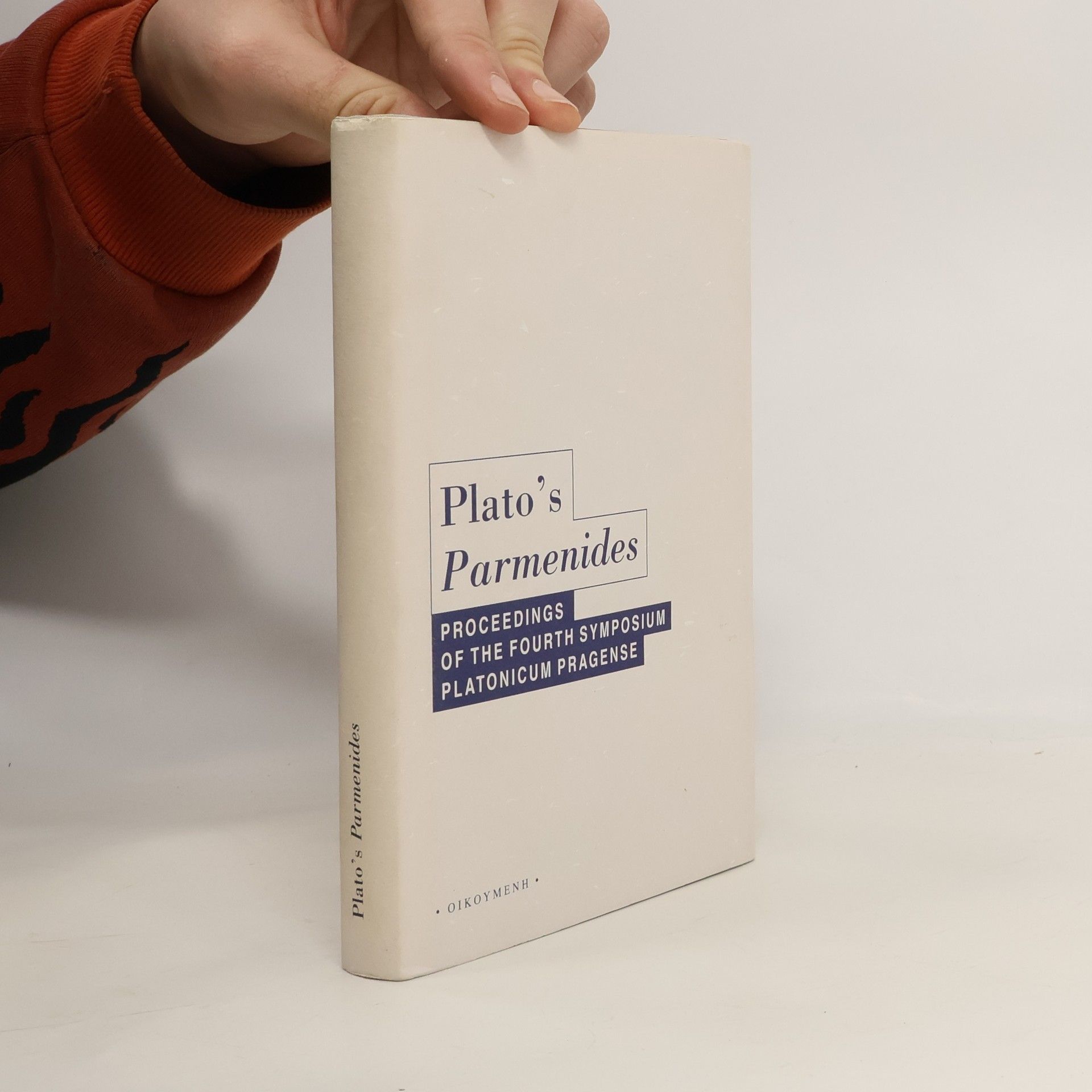

Plato's Parmenides
- 323bladzijden
- 12 uur lezen
Sborník textů ze 4. mezinárodního pražského platónského symposia, konaného v Praze ve dnech 9.–11. 10. 2003. Obsah: C. C. Meinwald, Literary Elements and dialogue Form in Plato's Parmenides D. El Murr, La critique de la participation en Parménide, 131a-132b: unite, unicite et le paradoxe de Zénon B. Bossi, Is Socrates Really Defending Conseptualism in Parmenides, 132b3-d4? K. Thein, The Second "Third Man Argument": What Difference Does the Likeness Make? F. Fronterotta K. Sayre, The Method Revisited: Parmenides, 135e9-136c6 F. Karfík, Par rapport a soi-meme et par rapport aux autres. Une distinction clef dans le Parmenide de Platon S. Scolnicov, The Conditions of Knowledge in Platos's Parmenides Š. Špinka, Relation, Sein und Zeit D. Ambuel, On What Is Not: Eleatic Paradox in the Parmenides and the Sophist L. Brisson, Les quatre dernieres séries de déductions dans la seconde partie du Parménide de Platon D. O'Brien, Le Parménide historique et le Parménide de Platon L. Brisson, Réponse a Denis O'Brien M. Dixsaut, Les hypotheses du Parménide: Construire des mondes conceptuels possibles J. Dillon, Speusippus and the Ontological Interpretation of the Parmenides
Kolektivní monografie ze 7. mezinárodního pražského platónského symposia, konaného v Praze ve dnech 11.–14. listopadu 2009. Obsah: T. A. Szlezák, Die Aufgabe des Gastes aus Elea Zur Bedeutung der Eingangsszene des Sophistes (216a–218a) F. Fronterotta, Some remarks on the senses of being in the Sophist F. J. Gonzalez, Being as Power in Plato’s Sophist and Beyond W. Mesch, Die Bewegung des Seienden in Platons Sophistes F. Karfík, Pantelôs on and megista genê (Plato, Soph. 242C–259b) N. Notomi, Dialectic as Ars Combinatoria: Plato’s notion of philosophy in the Sophist L. Brisson, Does dialectic always deal with the intelligible? A reading of the Sophist (253d5–e1) A. Havlíček, Die Aufgabe der Dialektik für die Auslegung des Seins des Nichtseienden N.-L. Cordero, Une conséquence inattendue de l’assimilation du non-être à « l’Autre » dans le Sophiste D. O’Brien, The Stranger’s “farewell” (258e6–259a1) Š. Špinka, Das Sein des Nicht-Seins Einige Thesen zur strukturellen Ontologie im Dialog Sophistes Ch. Ziermann, La négativité de l’être chez Platon D. Ambuel, The coy eristic: defining the image that defines the sophist F. L. Lisi, Ποιητικη τέχνη in Platons Sophistes J. Jinek, Die Verschiedenheit der Menschentypen in Platons Sophistes T. D. J. Chappell, Making Sense of the Sophist: ten answers to ten questions
Plato's Theaetetus
- 387bladzijden
- 14 uur lezen
Sborník textů z 6. mezinárodního pražského platónského symposia, konaného v Praze ve dnech 17.–20. 10. 2007. 388 stran. Obsah: T. A. Szlezák, Sokrates' voraussetzungslose maieutische Kunst L. Brisson, Socrates, the Midwife. A Key Indication for a General Interpretation of Plato's Theaetetus D. O'Brien, How Tall is Socrates? Relative Size in the Phaedo and the Theaetetus F. L. Lisi, Protagoras und Platon über das Gesetz A. Balansard, Protagoras a-t-il posé l’objectivité des choses avantageuses? Le rapport entre la thèse défendue en Théétète 171c8-172c1 et celle défendue dans l’ « Apologie » (166a2-168c2) F. Ferrari, Prädikate oder Ideen: Der ontologische Status der koina im Theaitetos M. Narcy, Socrate et le problème de l’erreur dans le Théétète T. Chappell, 188a-c: The Key to the Theaetetus L. Bene, False Judgement and the Puzzles about Not-Being: Theaetetus 188c-189b F. Trabattoni, Theaetetus, 200d-201c: Truth without Certainty Š. Špinka, Wissen, Meinung und Weisheit im Dialog Theaitetos I. Chvatík, Rethinking Knowledge and Ignorance in Plato's Theaetetus D. Sedley, The Theaetetus as an Ethical Dialogue O. Primavesi, Two Notes on the Platonic Text
Dejiny náboženských predstáv a ideí III : Od Muhammada po reformy
- 294bladzijden
- 11 uur lezen
V treťom zväzku Mircea Eliade nadväzuje na vznik kresťanstva, ktorý rozobral v dvoch kapitolách druhého zväzku, a analyzuje vývoj kresťanských cirkví od svätého Augustína až po reformy. Popri tom opisuje vznik a nástup islamu a niekoľko kapitol venuje židovskej, kresťanskej a moslimskej mystike. A napokon rozoberá bludy, ľudovú pobožnosť a ezoterizmus až po reformy. Tretí zväzok dopĺňajú dve kapitoly venované eurázijským a tibetským náboženstvám.
O lásce
- 528bladzijden
- 19 uur lezen
Nejzdařilejším a nejvlivnějším z Ficinových spisů se stal jeho Komentář k Platónově Hostině, O lásce. Formou nápodoby Platónova Symposia, přeneseného do prostředí medicejské Florencie, tu Ficino předkládá svou syntézu platonismu, inspirovanou pohanskými i křesťanskými autory pozdní antiky, zejména Plótínem, Augustinem a Dionysiem Areopagitou. Stěžejním tématem této filosofie je láska. Ficino ji spolu s Dantem chápe jako božskou sílu, která prostřednictvím krásy milovaného člověka přivádí zbloudilou lidskou duši k poznání Boha. Latinsko- české vydání.
Data, jména a fakta k politickému a církevnímu vývoji v českých zemích
Logická zkoumání. I, Prolegomena k čisté logice
- 234bladzijden
- 9 uur lezen
Polemický spis věnovaný problému uplatnění psychologické argumentace při výkladu logiky. Obsahuje zásadní diskusi a rozlišení psychologických a logických zákonů myšlení spolu s pozoruhodnými náběhy k obecnější fenomenologické problematice, které autor později zasvětil nejvýznamnější část svého filosofického působení.
Studie věnovaná rozboru Plótinova pojednání O svobodě a vůli Jedna, v níž Plótinos poprvé v dějinách západního myšlení formuluje myšlenku nekonečné boží svobody. Lze ji číst také jako úvod do Plótinovy filosofie.
Devět studií z antické filosofie věnovaných naukám o duši, poznání a světě u Hérakleita, Parmenida a starých pythagorejců, Platóna a Aristotela, ve stoicismu a u Plótina. Kniha sleduje jednu z vývojových linií antické filosofie, která sahá od předókratiků přes stoiky až po novoplatonismus a v jejímž centru stojí dialog Timaios. Dvě závěrečné studie poukazují na ohlasy antických myšlenek ve filosofii 19. a 20. století.
